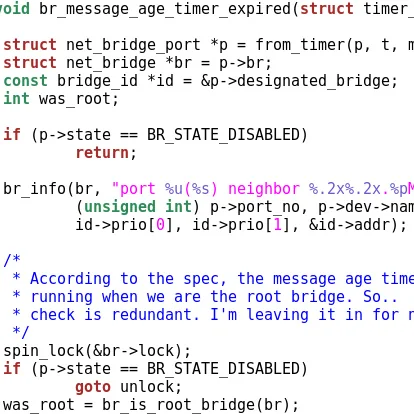How A KDE Developer Used C++17 & Boost.Python For About A 8,000x Speed-Up

In particular, Antonio was focused on speeding up the process of finding song/music duplicates in the user's local music collection. What started out as Python code was morphed into optimized C++ code. Little surprise, the C++ code once tuned was immensely faster than Python -- but the blog post is interesting for those curious about the impact of the various steps he took for tuning this implementation.
Rather than rewriting the entire program in C++, he used the Boost.Python library that allows seamless interoperability between C++ and Python code. From there he began writing C++ code where relevant. In particular, he focused on C++17 and making use of threading. Further increasing the performance was tuning of the C++ compiler flags and also switching from GCC 7.3 to GCC 8.1.
Long story short, "This commit gave the last increase of speed, to 7998x, 36680 songs/second and would fully process a music collection of 1000 songs in just 13 seconds." Those curious about the steps he pursued for this speed-up in transitioning the performance sensitive code from Python to C++ can be found via this blog post. Those interested in learning more about his Bard music manager can visit the project site.
59 Comments

